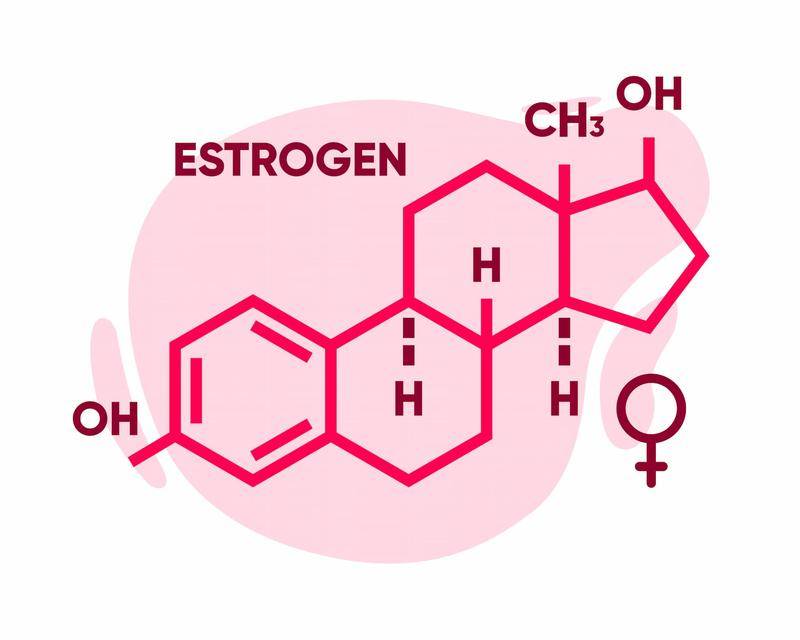

Nurturing Tiny Tummies: The Magic of Breast Milk
Imagine the first act of nourishment a newborn experiences—a warm embrace, the gentle sound of a heartbeat, and the life-sustaining nourishment of breast milk. This intimate moment is more than a simple transfer of nutrients; it is the foundation for a lifetime of health. Every drop of breast milk is a rich cocktail of beneficial bacteria, immune-boosting components, and essential nutrients that shape an infant's microbiome—a crucial player in their development and overall well-being.
What is the Infant Microbiome?
At birth, an infant's gut is nearly sterile, but it quickly becomes a complex community of trillions of microbial cells, known as the microbiome. This ecosystem forms at birth and evolves rapidly during the first few years of life. The gut microbiome is essential for digestion, immune function, and brain development. Studies show that Bifidobacterium, a beneficial bacteria prevalent in infants’ microbiomes worldwide, plays a crucial role in this process.
How Breastfeeding Affects the Infant's Gut Microbiome
Breast milk contains diverse bacteria from the mother's skin, gut, and the infant's mouth, including Lactobacillus, Bifidobacterium, Staphylococcus, Streptococcus, and Enterococcus. These bacteria are vital for establishing the infant's gut microbiome.
- Seeding: During birth, a baby’s first exposure to bacteria is through the birth canal. This initial exposure is different for cesarean-born babies, potentially affecting their microbiome. Breast milk bridges this gap by providing essential bacteria, seeding the infant’s gut with beneficial microbes.
- Nourishment and Bioactive Compounds: Breast milk delivers not just bacteria but also nutrients, human milk oligosaccharides (HMOs), immune cells, antibodies, and proteins that shape the infant’s gut microbiome. Bifidobacterium infantis thrives on breast milk sugars, boosting the immune system and microbiome development.
- Protection Against Pathogens: A robust microbiome acts as a barrier against pathogenic bacteria, reducing the risk of infections and gastrointestinal diseases. Breast milk also provides immunity, serving as the first line of defence for infants.
Breast Milk vs. Formula Milk
Choosing between breastfeeding and formula feeding is a significant decision for parents. Breast milk contains antibodies and immune factors that formula lacks, offering protection against infections and illnesses. While formula can provide necessary nutrients and be a viable alternative, breastfed infants tend to have higher levels of beneficial gut bacteria, which promotes a healthier gut microbiome. Additionally, breastfeeding benefits mothers by fostering a unique bond with the baby and potentially reducing the risk of certain cancers and osteoporosis.
In summary, breastfeeding plays a crucial role in shaping a healthy infant microbiome, offering benefits that extend far beyond basic nutrition.
References
Effect of Maternal Diet on Maternal Milk and Breastfed Infant Gut Microbiomes: A Scoping Review
Breastfeeding vs. Formula Feeding
Breast milk microbes shape infant gut health

